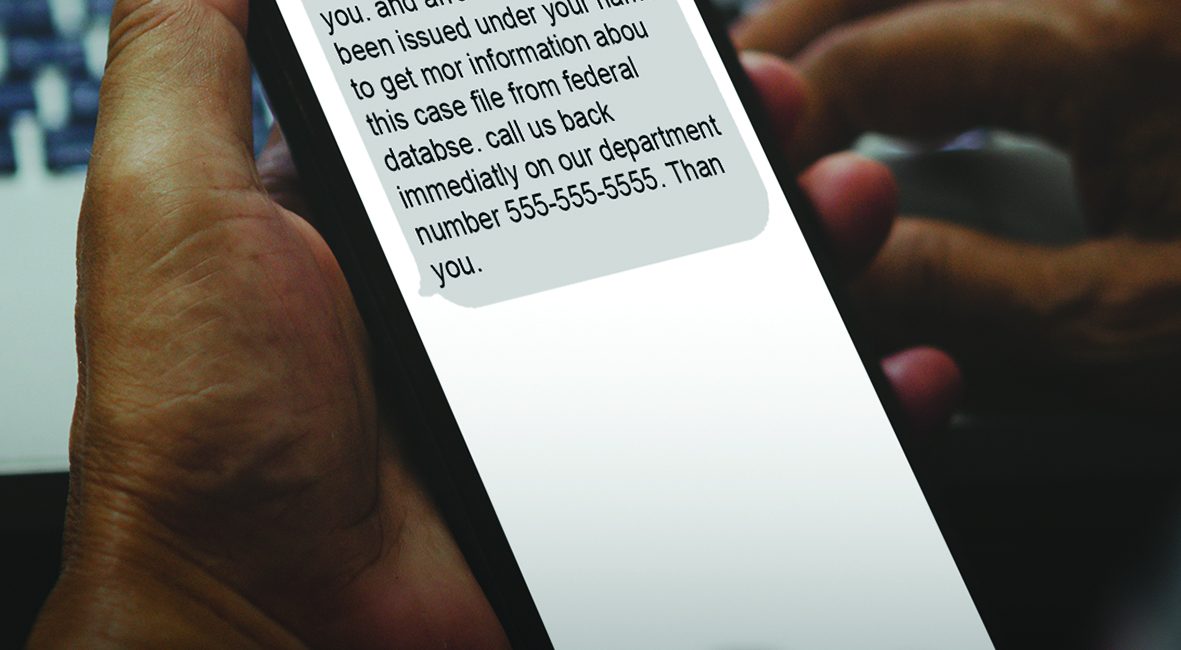With tax season right around the corner, scammers will pose as government agencies like the IRS and send text messages claiming you are eligible for a tax refund. The message often includes enticing phrases like “You are owed a tax refund” or “Claim your refund now” and more often than not, you will find spelling errors in the message. To proceed, you are typically instructed to click on a link, reply to the message, or call a specific number.
Once you engage, scammers may request personal information, such as Social Security numbers, bank account details, or credit card information, to verify your identity for the refund process. Sometimes, they might demand a processing fee upfront before the supposed refund can be
released.
It’s important to remember that government agencies such as the IRS would never request sensitive information or fees through unsolicited text messages. To stay safe, avoid clicking on links, sharing personal information, or making any payments in response to such messages.
As a reminder, the last day to file your taxes is Monday, April 15.




